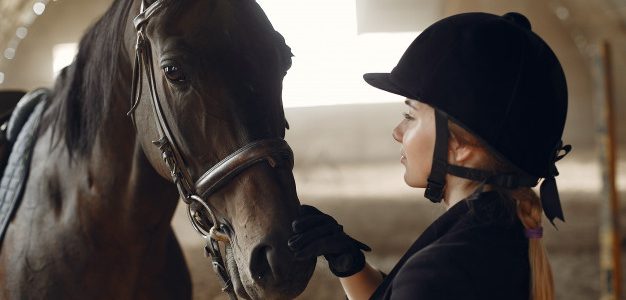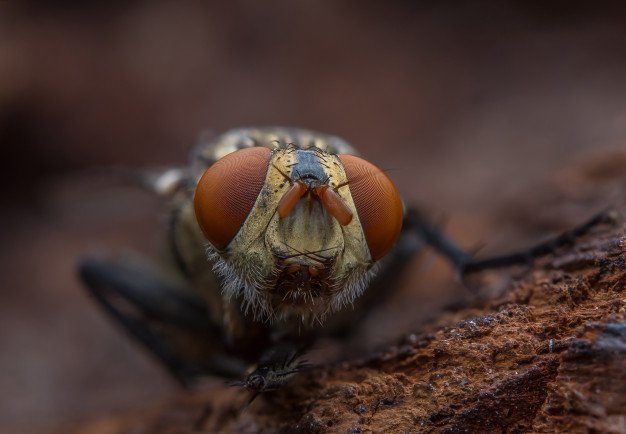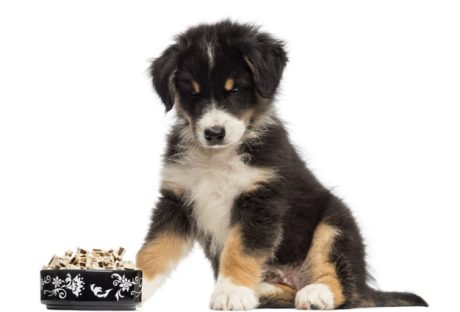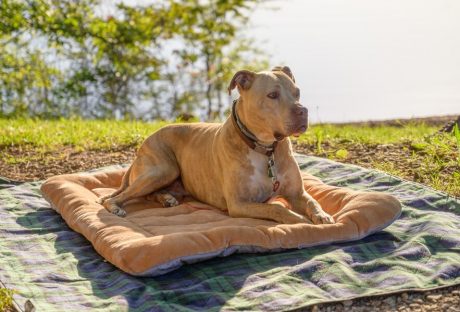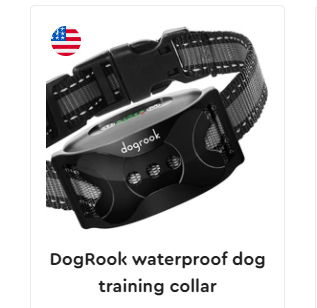Horse racing is one of the most popular sports around the world and has a huge following from England to Dubai and everywhere in between. But, there are a lot of assumptions made about the sport, so let’s set them straight. Here are the biggest myths people believe about the sport of horse racing.
5 Myths About Horse Racing:
1. Any Old Horse Can Win or Run in a Race
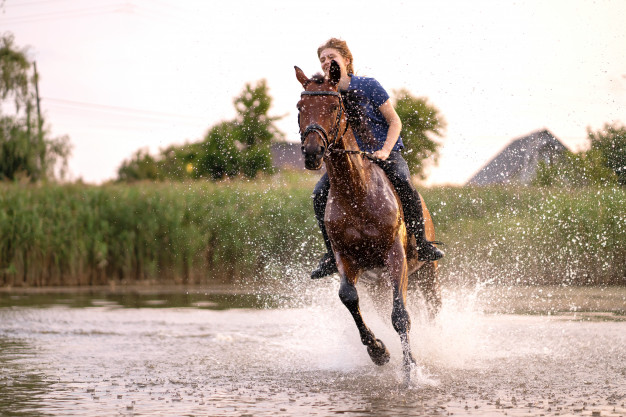
Thoroughbred horse racing is just that, exclusive to thoroughbred horses. These horses have a lineage traced back to one of three stallions and only then are eligible to compete. Not only are races limited to thoroughbreds, but the training required to turn a horse into a winner is second to none, being broken in at around 18-months-old, making these horses the only ones capable of running 1 ¼ mile in two minutes. So, next time you’re placing free bets at the races, you can be assured that it’s in their blood to race.
2. Whipping Hurts Horses
Whips are no longer used in the sport. A soft paddle called a ‘persuader’ is used to lengthen a horse’s stride and has been proven not to cause harm or pain to the animals.
People have used a persuader on a person to prove they are inflicting pain, but the skin of a 1,000 pounds racehorse can withstand more than the average human. The role of the paddle is to remind the horse to stay focused during the long track and not to lose focus throughout the race.
3. Horses Have no Value Once Retired
It is a common misconception that racehorses are sent to the abattoir (slaughterhouse) once they have seen their racing career through. But, again, this is not the case. Retired racehorses are very valuable and are often rehomed for breeding, for pleasure or equestrian use, as they are very athletic and can be trained to be riding horses and opposed to competitors.
4. Horses Do Not Enjoy Racing
Thoroughbreds are raised to race, it is in their blood to compete.
Horses that race weighs an average of 1,000 pounds, I’m sure you can imagine how impossible it would be for a jockey of around 55kg to force an animal of this size to run while on it back. It is not unheard of for a horse to decide they aren’t in the mood during a race; one horse, in particular, decided he didn’t want to jump while competing and planted his feet firmly on the track, refusing to continue; there wasn’t much the jockey could do about it.
Horses cannot be made to run in races due to their dominance of power against their jockeys and so when they do run it is through choice and enjoyment; they are doing what they know.
5. Horses are Mistreated
On average, horse races are sold for around $65,000. Not only are they an investment but they are how some people make a living and choose to spend their time (training, owning, breeding). Simply on that alone, it is hard to believe that they would be poorly cared for.
It is not uncommon for owners to fork out a fortune to transport and provide the best for their horses, often being referred to as living like kings due to their exercise and treatment is unparalleled to any other owned animal.
Read Also:













